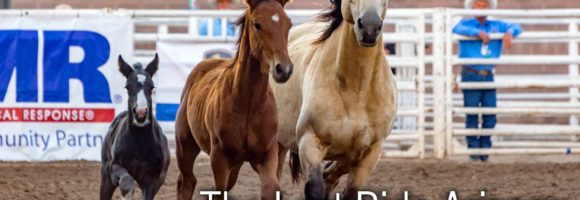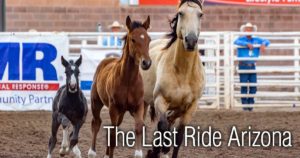Recognizing and Treating Coprophagy in Horses

Do you ever catch your horse eating non-food items, such as feces or dirt? If so, you may be surprised to learn that this is fairly common. Most often seen in young foals, the practice of eating non-food items is called coprophagy. Generally speaking, the habit is harmless and it wears off as the foal grows older. If the practice continues over a period of time or if the horse is exclusively eating fecess or ingests large qualities of it over a period of time, however, it can become problematic.
 No one knows for sure why foals sometimes engage in the act of eating feces. One popular theory is that it helps to populate the foal’s intestinal tract with the bacteria that is needed for healthy digestion. If the foal continues to do it after the age of about five months, it is considered to be abnormal behavior that requires professional help. This is because it can be a sign of underlying health issues or it can become a health issue itself. Some complications associated with coprophagy include unexplained colic, ulcers and digestive problems.
No one knows for sure why foals sometimes engage in the act of eating feces. One popular theory is that it helps to populate the foal’s intestinal tract with the bacteria that is needed for healthy digestion. If the foal continues to do it after the age of about five months, it is considered to be abnormal behavior that requires professional help. This is because it can be a sign of underlying health issues or it can become a health issue itself. Some complications associated with coprophagy include unexplained colic, ulcers and digestive problems.
Treating coprophagy involves using behavior modification strategies, which may include altering the environment in ways that prevents the horse from eating dirt or feces. A change of diet or supplementation may also be necessary. If you are concerned about your horse and coprophagy, contact a veterinarian to learn more about how you can treat the condition.
For large animal removal services in the East Phoenix Valley in Arizona, contact the Last Ride today.